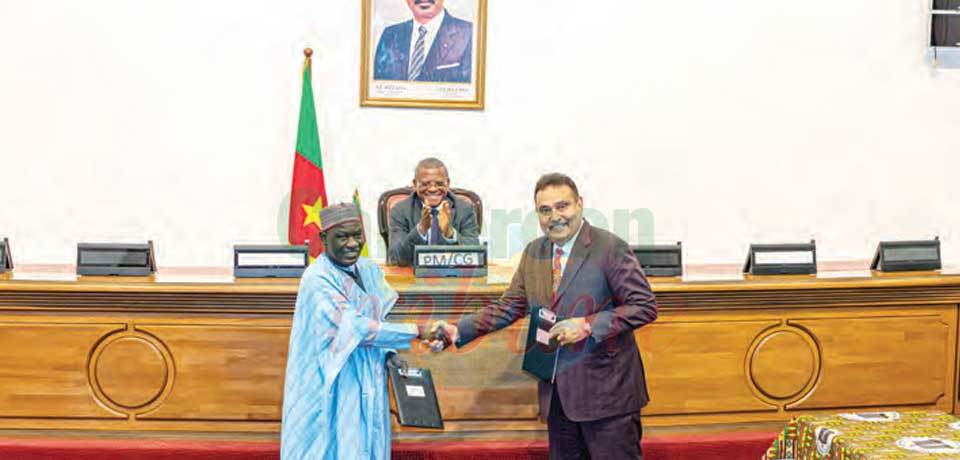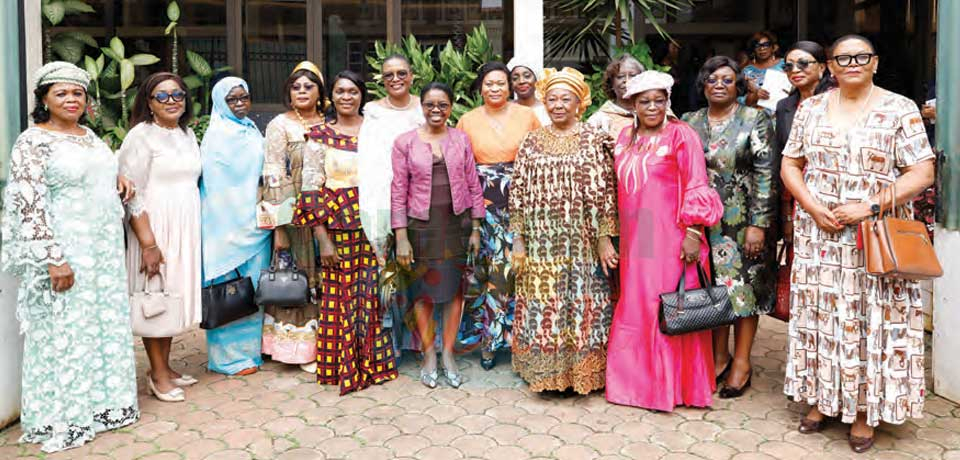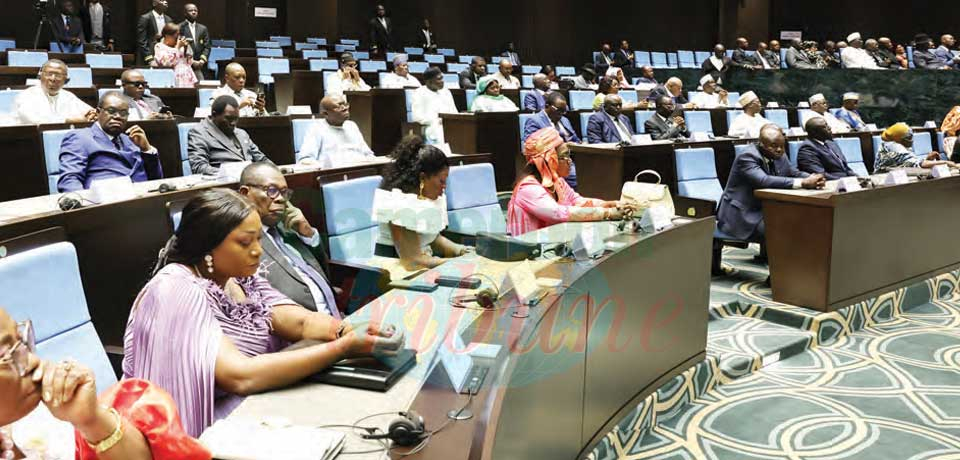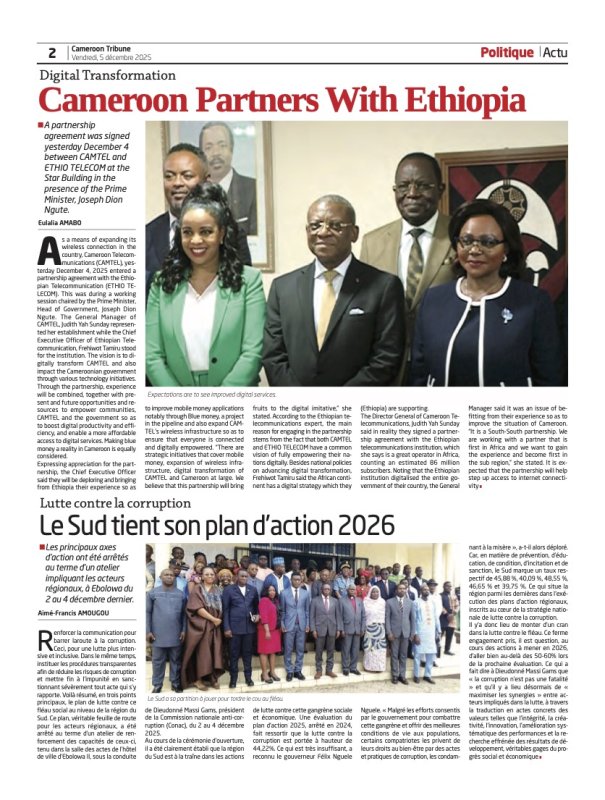Decentralisation, A Constitutional Engagement
- Par LUKONG Pius NYUYLIME
- 06 Nov 2020 09:30
- 0 Likes

The December 6, 2020 Regional Elections will see the putting in place of last institutions contained in the 1996 Constitution regarding the decentralisation process in the country.
The constitution of a country is the supreme legal document on which all actions are by obligation hinge. It is known to be a set of rules regulating the powers of governments and the rights and duties of citizens. Talk of a country’s constitution and legal minds will quickly run to fundamental principles or established precedents that constitute a legal basis of a polity, organization or other types of entities that determine how that entity is to be governed. Many politicians and members of the ruling class as well as citizens swear by it. Most crumbled governments are those that fail to hinge their actions and policies within the precincts of the constitution. The Cameroon constitution revised in 1996 is no exception; maybe the peculiarity is in the fact that it is being implemented progressively. It is perhaps that progressive implementation that made many Cameroonians to think that the putting into practice of certain clauses such as the one instituting a decentralized system of governance was delayed. But as the saying goes, it is better late than never.
The effective implementation of the decentralized system of government has in effect come of age. It couldn’t have been otherwise considering its constitutionality. The New Deal government of President Biya took the commitment to see to it that it comes to fruition. After the delay which raised lots of dust, the die was finally cast when the President convened the electorates for 06 December this year. The sky even became clearer when on 07 October the first ordinary session of the National Decentralisation Board for 2020 met under its Chair, PM Joseph Dion Ngute. The election that will take place marks the last stage towards the establishment of the institution as provided for in the 1996 constitution. In effect, the race to grab a seat in the Regional Council is on. As per the Presidential decree of 07 September, Municipal Councillors and traditional rulers in all the divisions of the country will head for the polls to select Regional Councillors come 06 December, 2020. The election which will be the first of its kind since Regional Councils were enshrined in the constitution is equally being organized at the behest of popular opinion and increasing pressure from the population to partake in the management of their own affairs.
As electorates gear up for the exercise, it is important to underscore the fact that constitutional commitment does not only remain with organizing the elections but much more on how those to emerge victorious in the game will take the commitment ahead. The anxiety towards self-reliance development was fast reaching fever height with the turn of events as could be seen from the majority of the people w...
Cet article complet est réservé aux abonnés
Déjà abonné ? Identifiez-vous >
Accédez en illimité à Cameroon Tribune Digital à partir de 26250 FCFA
Je M'abonne1 minute suffit pour vous abonner à Cameroon Tribune Digital !
- Votre numéro spécial cameroon-tribune en version numérique
- Des encarts
- Des appels d'offres exclusives
- D'avant-première (accès 24h avant la publication)
- Des éditions consultables sur tous supports (smartphone, tablettes, PC)














Commentaires